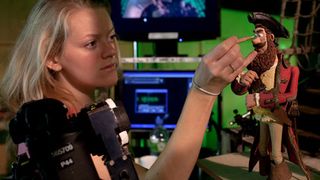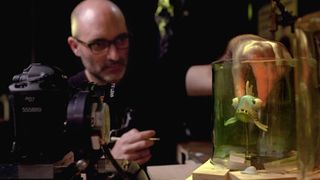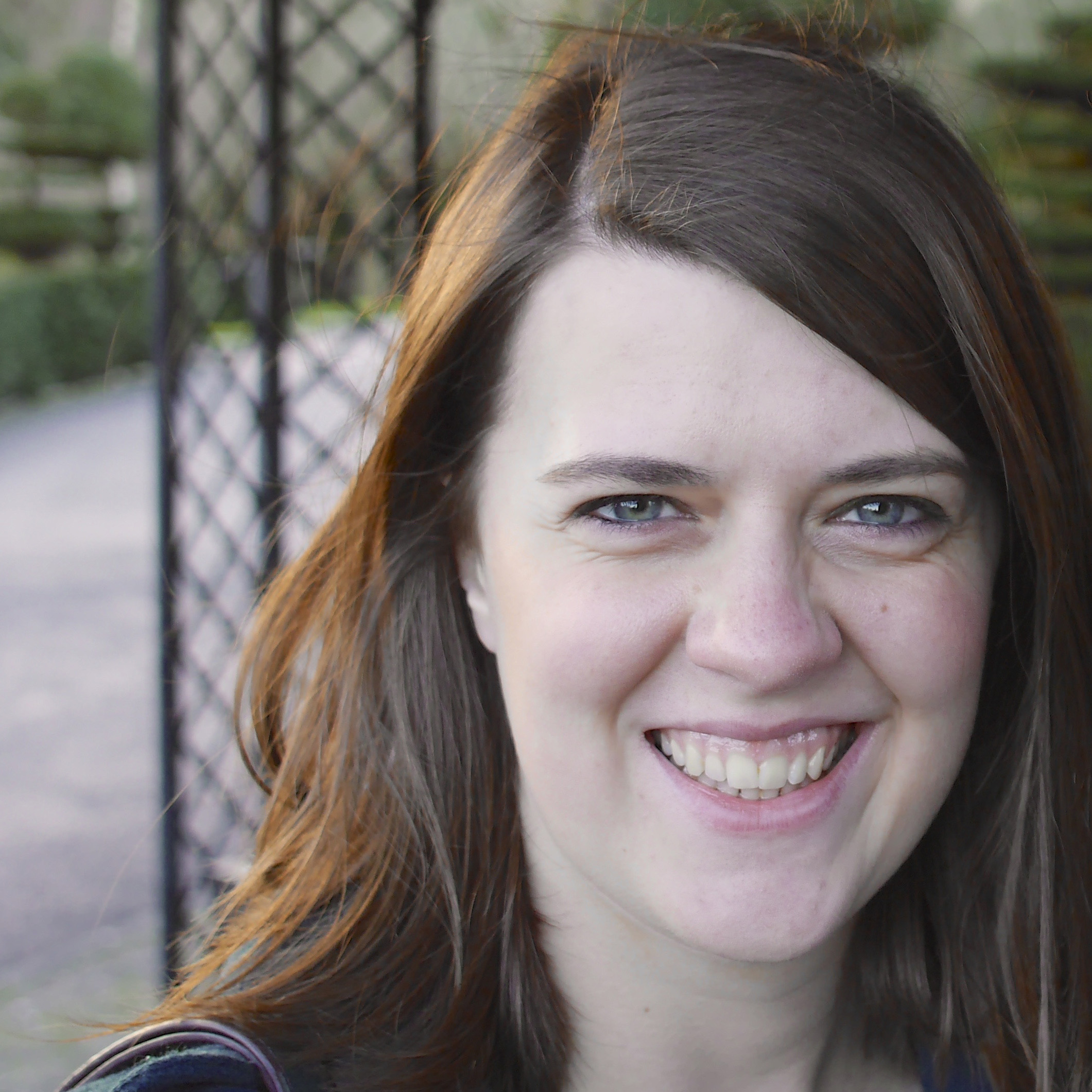Why Aardman shot its latest movie on Canon DSLRs
One million stills for 'The Pirates' on 1D Mark IIIs

How do you create 3D imagery using DSLRs?
We have the huge advantage that you can create 3D with a single camera. We have a small motion control tracking system that sits underneath the camera. For each second of animation, we take 24 right frames and 24 left frames, so the camera shuttles left to right 24 times for each second of animation.
It does it automatically, we decide on the interocular distance between the centre of the left eye and the centre of the right eye. Once we've done that, when the animator takes each shot, the camera will automatically capture a left eye position and a right eye position and then go back to the start again.
What's happened to the cameras?
We're trying to figure out what to do with them. They probably worked hard enough on this film that we won't use them on another one, and they've now been superseded. They're currently sitting in a cupboard while we decide what to do next.
Do newer cameras, such as the Canon 1DX or Nikon D4 appeal to you?
At the moment we're biding our time. We're in a very difficult position because we have to select a camera that's been around long enough that we have a chance to try it properly.
Get daily insight, inspiration and deals in your inbox
Get the hottest deals available in your inbox plus news, reviews, opinion, analysis and more from the TechRadar team.
Reliability
We have to know it's reliable above anything else, we have to know that the quality's good, and that it represents colours as we expect, but we also want to take advantage of the latest technology so we're in a difficult position where we know we have to commit to something.
Once we get a green light for another film, once we get a script approved, then we will have to review what's available and commit to something. As the 1DX has a larger [full-frame] sensor it may well be that we have to take a camera like that and decide that with a higher pixel density we still crop a small amount from the centre of a larger sensor, and as long as the quality is better than what we're currently getting then that may be a good solution.
It seems a shame to waste all that resolving power, but at the same time, if we use a substantially larger sensor area, we can't get the depth of field we need.

Do cameras with smaller sensors appeal?
They may or may not do in the future, but what is probably more important is the quality of the Live View of the camera, because you can't underestimate the quality of image that you can give to the animator as a reference picture. The camera has to run all day without overheating, in a warm studio environment, we have to have a camera which is built to a fairly good professional standard so we don't have any focus shift as the camera changes or anything like that, all of those factors are very very important so we're really looking for quite an unusual combination of attributes.
I think we would generally be looking for a professional level camera, because apart from anything else we're going to be taking a lot of exposures, and we would never want to risk losing a shot because we had shutter failure in the middle of a shot.
What features would you like to see for future cameras to make your job easier?
Our ideal wouldn't exactly be a DSLR, because the SLR bit it isn't actually necessary. If it was good enough quality, an interchangeable lens compact camera might be appropriate, but at the moment, none of those quite come up to a suitable level.
I don't think the camera we need has been made yet. The market's changing quite quickly at the moment, digital SLRs are growing up, the quality has improved quite dramatically, the software in the camera has got substantially better, but we also need to be able to control the camera remotely. We need a manufacturer who is collaborative enough to allow free access to camera control systems, or, who has an open enough system, or an open enough philosophy to allow us to be able to control their cameras remotely to the degree that we require.
The Pirates! In An Adventure with Scientists is still available to view on general release at UK cinemas nationwide, and is scheduled for US release from 27 April.
Amy has been writing about cameras, photography and associated tech since 2009. Amy was once part of the photography testing team for Future Publishing working across TechRadar, Digital Camera, PhotoPlus, N Photo and Photography Week. For her photography, she has won awards and has been exhibited. She often partakes in unusual projects - including one intense year where she used a different camera every single day. Amy is currently the Features Editor at Amateur Photographer magazine, and in her increasingly little spare time works across a number of high-profile publications including Wired, Stuff, Digital Camera World, Expert Reviews, and just a little off-tangent, PetsRadar.

